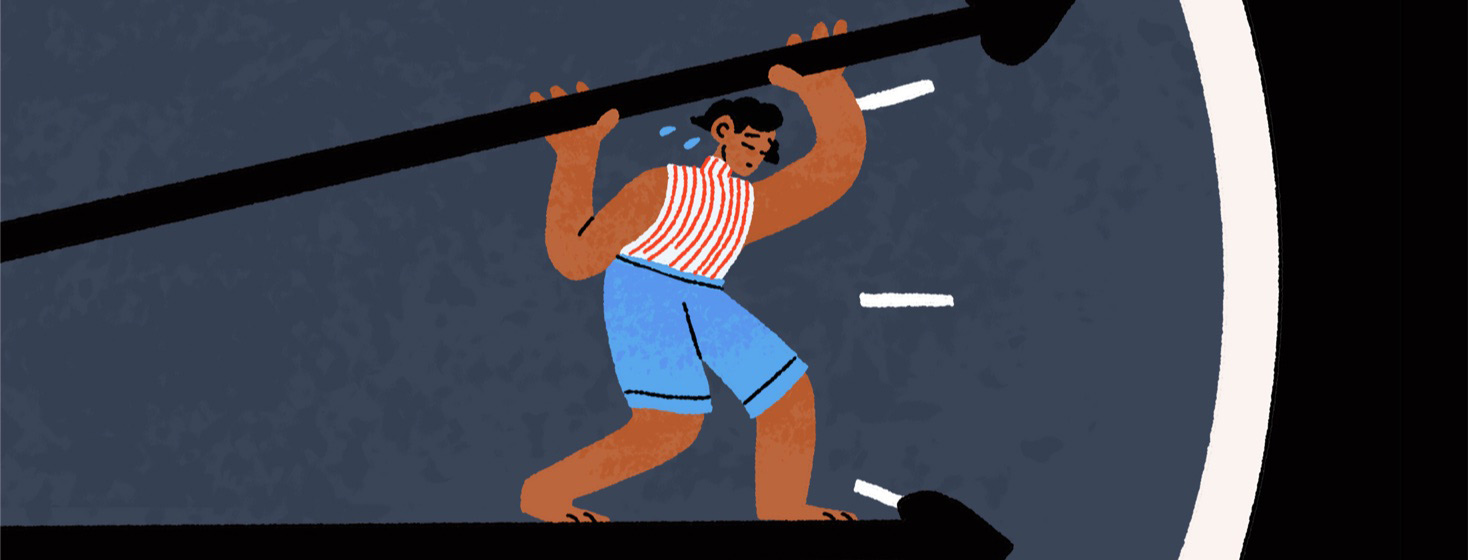Insomnia and Early Mornings – Setting Yourself Up for Success
While I’d like to believe that we each have the ability (and flexibility) to manage our own schedules around our sleep disorders, I know that’s not the case, more often than not.
Jobs we love or jobs we need, or family members we live with require that we stay up later at night or wake up earlier in the morning than we’d like. They may require that we are alert in hours that are outside our ideal windows. They may require that we change our sleep schedules to compensate. This can feel incredibly hard, challenging, and frustrating.
Adjusting to schedule changes is hard
Recently, my schedule was updated in a way that has required much earlier mornings than I was used to, and it has impacted my overall sleep and energy levels significantly. A new client needed me to be at their home in the morning at the same time I was previously setting my alarm to wake up. Being flexible and available to them was important to me, so I agreed.
A disruptive shift
However, this meant that everything I was doing had to shift. I had to account for time to wake up, to change and get ready for the day, eat, pack my bag, and drive to my destination. This meant my alarm moved up 2 hours. It meant that my mornings were now on a timeline, faster paced and scheduled specifically. I no longer had the luxury of the snooze button, slow breakfasts, or extra snuggles with my daughter.
As much as I wasn’t thrilled, this meant that my bedtime had to change too. While going to bed 2 hours earlier than my normal wasn’t quite possible, a 1-hour change was.
How I tried to help myself adjust to change
One week before my start date, I began shifting my wakeup 30 minutes earlier each day and my bedtime 15 minutes earlier each night. This meant that I’d have a few days of new bedtime and new wakeup to fully transition before beginning with my new client.
I spent that week trying to figure out my new ideal caffeine intake. Was it best to have it all first thing before leaving my house, or was it possible to spread it out over the morning hours of my shift? What time was too late in the day now to have caffeine based on my earlier bedtime? Would this amount of caffeine intake help me sustain enough energy and clear thinking without making me jittery or upsetting my stomach?
What about food intake? I often have found that protein and other snacks help refresh me when I’m feeling extra tired. This felt difficult and more challenging while in a client's home. My ability to eat (and what I had available to me) would be much different than when I was working from home all day.
Having a plan
As an experienced insomniac, I knew it was imperative that I had a plan in case I struggled with sleep any night (or stretch of nights), and how it would impact my ability to perform my job and meet my client's needs. Skipping work or calling out wasn’t a very ideal option, so my plan had to involve communication and clear requests. Here are some examples:
“I live with a chronic illness, and there may be occasional instances in which I need my schedule to be a little flexible.”
i.e. I will be at work on time, but I’ll need a 1-hour lunch break today instead of just 30 minutes. I hope that works ok with your schedule.
i.e. I will be an hour later this morning, but I will make up that time at the end of my shift.
i.e. I am happy to come in this morning, but I will need this afternoon off.
Communicating your needs
Obviously, the nature of this conversation will depend on the type of work, your client or boss, and any flexibility your job allows, but this is what has worked for me if I am really struggling after a night or several nights of no sleep.
Have you had any of these conversations with your employers? Have you found other ways to communicate your needs when things feel really hard with your sleep disorder? I'd love if you shared them below.

Join the conversation